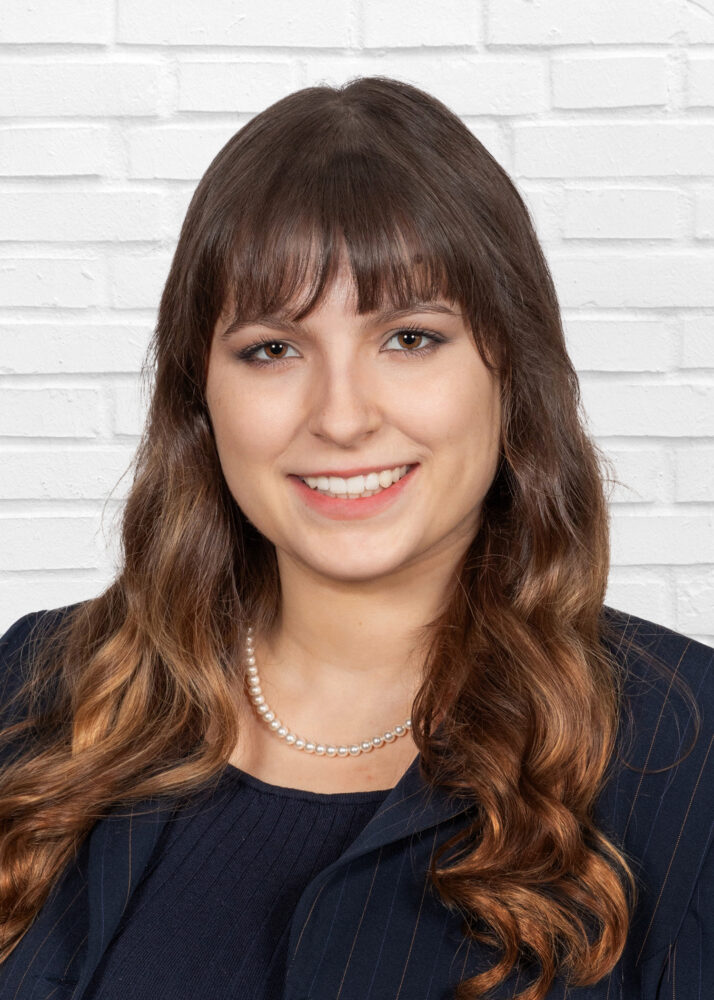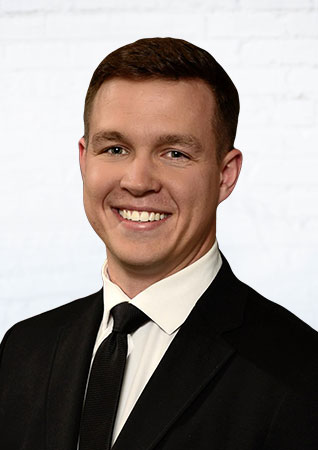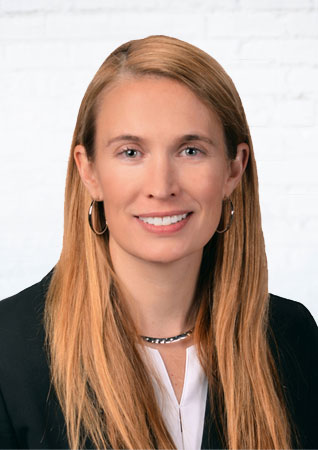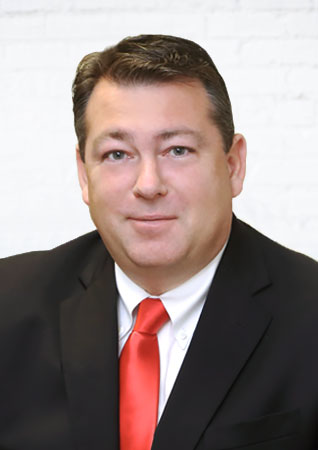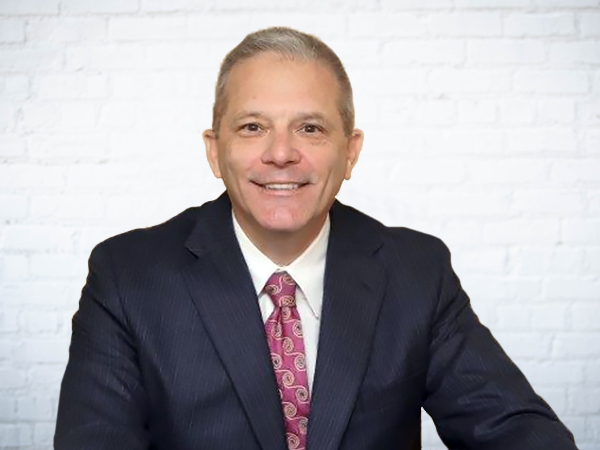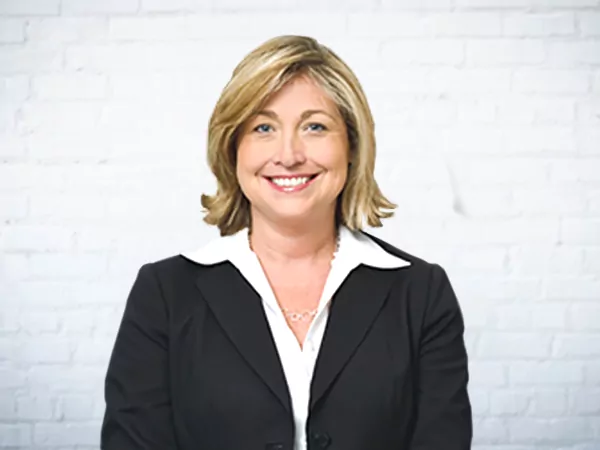Virginia Beach Premises Liability Lawyer
When you step onto someone else’s property, be it a shopping mall, a neighbor’s home, or a public park, you have a reasonable expectation of safety. However, property owners sometimes neglect their duty to maintain a safe environment, often leading to catastrophic accidents and other injuries.
Our law firm has expertise in handling premises liability cases, advocating for victims who have suffered due to the negligence of property owners. If you suffered an injury in someone else’s property due to negligence, chances are you are entitled to compensation under Virginia Law.
Assisting Those Injured: Virginia Beach Premises Liability Attorneys
Premises liability attorneys play a crucial role in assisting individuals who have been injured on another person’s property. If you’re in Virginia Beach and have suffered an injury due to hazardous conditions or negligence on someone else’s premises, hiring a premises liability attorney can be instrumental in seeking compensation and justice:
- Protecting your rights: Your attorney will ensure that your rights are protected throughout the legal process, safeguarding you from potential intimidation or unfair treatment by opposing parties.
- Investigation: Investigate the circumstances surrounding your injury, gathering evidence to establish liability.
- Determining liability: Determine who is legally responsible for your injury. We will assess whether the property owner or occupier was negligent in maintaining a safe environment.
- Negotiation: Our attorneys will engage in negotiations with the responsible party’s insurance company to secure a fair settlement that compensates you for your injuries, medical expenses, lost wages, and other damages.
We will assess the full extent of your damages and work to ensure that you are adequately compensated for your physical, emotional, and financial losses.
For answers to your questions about a premises liability in Virginia Beach, call:800-321-6741
What is the Legal Definition of Premises Liability?
Premises liability is a legal concept that holds property owners accountable for injuries sustained on their premises due to unsafe conditions. This can range from slip and fall accidents to more severe incidents like electrocutions or even assaults due to inadequate security.
Examples of Premises Liability Accidents
Premises liability encompasses a wide array of accidents, including but not limited to:
- Slip and falls on wet surfaces
- Tripping over poorly maintained sidewalks
- Injuries from falling objects
- Accidents in poorly lit areas
- Elevator and escalator accidents
Our legal team conducts meticulous investigations to gather the evidence needed to substantiate your claim, including photographs, witness statements, and expert testimonies.
What Constitutes a Premises Liability Claim?
In Virginia, a premises liability claim arises when someone suffers an injury on another person’s property due to the owner’s negligence in maintaining a safe environment. Premises liability cases cover a wide range of hazards, from unmarked wet floors and broken handrails to faulty lighting and structural issues. These claims center around whether the property owner or occupier exercised reasonable care to prevent dangerous conditions or address known hazards.
When you’re injured on someone else’s property, proving the property owner’s negligence often involves showing that they knew—or should have known—about the hazard but failed to take appropriate action to address it. Virginia premises liability law places a legal responsibility on property owners to ensure visitor safety, but each case depends on unique factors, like the type of property and the visitor’s reason for being there. Consulting with an experienced premises liability attorney can help you evaluate the circumstances of your injury and determine if you have a strong claim for compensation.
Click to contact us today
Common Hazards That Lead to Premises Liability Lawsuits
While slip-and-fall accidents are the most recognized type of premises liability case, this area of law covers a broad spectrum of hazardous conditions. Property owners—both residential and commercial—have a legal duty to keep their premises reasonably safe.
Examples of negligent conditions include:
-
Inadequate lighting in stairwells or parking lots
-
Lack of proper security in areas prone to crime
-
Slippery or uneven walkways
-
Dangerous merchandise displays or falling objects
-
Broken handrails or unsafe structures
-
Failure to clean up spills or debris
-
Poorly maintained equipment or electrical hazards
In short, if you were hurt because a property owner failed to maintain a safe environment, you may have a claim under Virginia premises liability law. Even if a third party caused the injury, a negligent property owner could still be held responsible.
Complete a Free Case Evaluation form now
Injuries and Damages Caused by Unsafe Property Conditions
Unsafe property conditions can cause far more than minor scrapes or bruises. Many premises liability cases involve serious, catastrophic injuries—and in some cases, emotional trauma or even assault.
Common injuries resulting from property owner negligence include:
- Physical and sexual assaults (often due to lack of security)
- Traumatic brain injuries
- Spinal cord injuries and paralysis
- Concussions and closed-head injuries
- Burns, lacerations, and broken bones
- Coma or wrongful death
Victims of these incidents may face long-term consequences: high medical bills, lost wages, reduced quality of life, and permanent disabilities. In Virginia, injured individuals have the right to pursue compensation for both economic and non-economic damages—including pain and suffering, emotional distress, and loss of earning capacity.
If you’ve been hurt because of unsafe property conditions, working with a Virginia Beach premises liability attorney can significantly improve your chances of a successful claim.
Does the Type of Property an Incident Occurs on Affect a Case?
Yes, the property type significantly affects how a premises liability claim is handled. Virginia law recognizes different categories of properties—residential, commercial, and public—each with its own set of legal duties for owners and different levels of care owed to visitors. These distinctions shape the standard applied to property owners and influence case outcomes.
Classification of Property
- Residential properties: Homeowners are required to maintain safe environments for invited guests and must provide warnings about known risks. If a guest slips on an icy driveway that the owner neglected, or is hurt by a loose handrail the owner knew about, the homeowner may be liable.
- Commercial properties: Businesses such as retail stores, restaurants, and hotels owe a heightened duty of care to customers and guests, known as “invitees.” Hotel owners and managers must maintain safe conditions throughout the property—including guest rooms, lobbies, pools, and parking areas—and promptly address hazards like wet floors, broken fixtures, or inadequate lighting. If a guest is injured due to a hotel’s negligence, a Virginia Beach hotel injury lawyer can help pursue compensation for those damages.
- Public properties: Government-owned spaces, like parks or libraries, bring additional legal considerations, including sovereign immunity. Sovereign immunity can limit or even block lawsuits against government entities, making claims against public properties more complex to pursue. However, exceptions to immunity exist, such as when public entities fail to follow basic safety requirements or don’t address known hazards.
Premises liability law is complex, with responsibilities varying widely depending on the type of property and the circumstances of the injury. In a free initial consultation, a premises liability attorney at our law firm can help you understand your case’s validity and the best course of action.
Consequences of Improper Property Management
When property management falls short of its duties, it can result in serious injuries for visitors and legal consequences for property owners. Poorly managed properties can create hazards like unsafe walkways, broken steps, poor lighting, and other issues that put visitors at risk. Beyond potential injuries, property owners who neglect regular maintenance, timely repairs, or safety inspections may be held liable for failing to uphold a standard of care, resulting in significant financial and legal ramifications.
Proper property management involves adhering to safety standards and legal regulations, and property owners who fail to do so may face claims from injured parties. By addressing issues like loose railings, exposed wiring, and damaged flooring before they result in injury, property owners can protect not only visitors but also their own financial interests.
How to Determine Liability
Determining liability involves proving that the property owner’s negligence caused the injury. Establishing this requires demonstrating that the property owner failed in their duty to maintain a safe environment, leading directly to the accident. This is often complex, requiring the claimant to prove specific elements of negligence.
Establishing Negligence in Premises Liability Cases
To succeed in a premises liability claim, you’ll generally need to prove these elements of negligence:
- Duty of care: The owner or occupier must have owed a duty of care to the injured party. For instance, a store owner owes a high duty of care to customers, who are considered “invitees” under Virginia law.
- Breach of duty: The owner breached this duty by failing to take reasonable measures to ensure safety. This may include neglecting to clean up a known spill or ignoring maintenance needs.
- Causation: It must be shown that the owner’s breach directly led to the injury. For example, if a poorly lit stairway caused a fall, there should be clear evidence linking the lighting issue to the injury.
- Damages: Finally, there must be documented damages resulting from the incident, such as medical bills, lost wages, or pain and suffering.
A skilled premises liability attorney at our law firm can help you gather the necessary evidence to demonstrate each element, aligning your case with Virginia’s legal standards.
Property Owner’s Obligation
Under Virginia law, property owners are legally required to keep their premises safe for visitors, reflecting a duty of care that varies depending on the type of visitor. Whether a commercial property or a private residence, maintaining a secure environment is essential to protect invitees and reduce liability. Failing to fulfill these duties can lead to severe consequences, particularly when preventable injuries occur due to negligence. Some of the key responsibilities property owners hold include:
- Regular maintenance: Property owners must regularly inspect their premises to identify potential hazards. This includes everything from routine cleaning to structural upkeep, such as checking for loose tiles, broken steps, uneven walkways, and damaged lighting. Regular inspections are crucial for catching issues before they worsen and create unsafe conditions.
- Timely repairs: Once a hazard is identified, the property owner is responsible for making prompt repairs to prevent minor risks from becoming significant dangers. For example, repairing broken railings or cracked sidewalks as soon as possible ensures that visitors don’t encounter unnecessary risks.
- Implementing safety measures: For areas that may inherently carry some risks—such as stairways, parking lots, or entryways—property owners are expected to establish preventive safety measures. This may include installing adequate lighting in dimly lit areas, using secure locks to limit unauthorized access, and setting up security cameras where necessary. In cases where environmental factors may pose a danger, like slippery sidewalks in winter, proactive safety measures, like gritting and clearing pathways, are essential.
- Providing warnings: When hazards cannot be immediately fixed, property owners must provide clear warnings to alert visitors. This can be achieved through signage, barriers, or verbal communication if necessary. For example, if a floor is wet due to recent cleaning or a broken step has yet to be repaired, signage or temporary barriers can prevent accidents and demonstrate the owner’s attention to visitor safety.
If you or a loved one has been injured due to a property owner’s negligence in failing to meet these essential obligations, seeking legal assistance can be a crucial step toward understanding your rights and pursuing compensation. At Tronfeld West & Durrett, we specialize in advocating for those affected by premises-related injuries, ensuring that property owners are held accountable when their oversight leads to harm.
Pursuing Claims for Premises Liability
Pursuing a premises liability claim is not without its challenges. Property owners often have robust legal teams and insurance policies designed to minimize their liability, but we are here to represent your interests and protect your rights in the process:
Evidence Collection
Collecting evidence is a critical aspect of any premises liability case. Our legal team collaborates with experts to gather irrefutable evidence that substantiates your claim.
This can include surveillance footage, accident reports, and medical records, among other forms of evidence.
Proving Negligence
In premises liability cases, proving negligence is paramount. Negligence is established when a property owner fails to exercise reasonable care in maintaining a safe environment.
Our attorneys are adept at demonstrating that the property owner knew or should have known about the hazardous condition but failed to take appropriate action. We use a combination of eyewitness accounts, expert testimonies, and documentary evidence to build a strong case of negligence.
Business Liability
Businesses are not exempt from premises liability laws. Whether it’s a retail store, restaurant, or office building, businesses have a legal obligation to ensure the safety of their patrons. Our team can handle cases against businesses, dissecting their policies and procedures to identify lapses in safety protocols that contributed to your injury.
Statute of Limitations for Premise Liability Case
According to the Virginia Code § 8.01-243, you generally have two years from the date of the injury to initiate legal proceedings. That’s why is so crucial to get the help of a professional as soon as you suffer an injury.
We can help you speed up the process of filling a claim, ensuring you’re demanding your right to compensation within the timeframe that is stated by law.
Types of Recoverable Damages in Your Personal Injury Lawsuit
In addition to medical treatment and income loss, other forms of compensation you might be entitled to include:
- Pain and suffering: This compensation is meant to acknowledge the physical and emotional distress caused by your injuries.
- Loss of enjoyment: If the injury impacts your ability to enjoy daily activities or hobbies, you can be compensated for this loss.
- Loss of consortium: This refers to the negative effects the injury has had on your relationship with your spouse or family.
- Punitive damages: In cases where the property owner’s negligence was particularly egregious, you may be awarded punitive damages. These are meant to punish the negligent party and deter similar behavior in the future.
The Influence of Property Type on Legal Cases
Virginia law imposes specific obligations on property owners regarding visitor safety. These obligations include
- Property maintenance
- Hazard removal
- Providing warnings when necessary
The type of property where the injury occurred can significantly impact your legal case, for instance, residential properties may have different legal obligations compared to commercial properties.
Contact a Virginia Beach Premises Liability Lawyer
If you or a loved one has been injured due to a property owner’s negligence, don’t hesitate to seek legal advice. Our dedicated team of premises liability attorneys is here to guide you through the complexities of the legal system, ensuring that justice is served and that you receive the compensation you deserve.
If you are dealing with a product liability case, don’t hesitate to contact us for a free consultation. We will review the details of your case and present the best course of action available to you, according to your specific circumstances.
Call or text 800-321-6741 or complete a Free Case Evaluation form

